OpenAI’s Jeff Clune told VentureBeat machine learning systems can be taught to overcome “catastrophic forgetting,” which he says can speed the path to AGI.
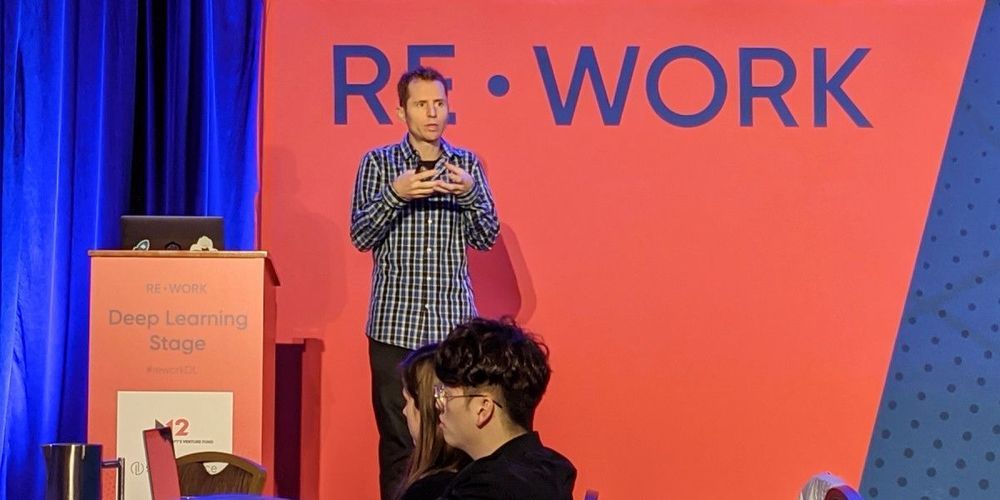

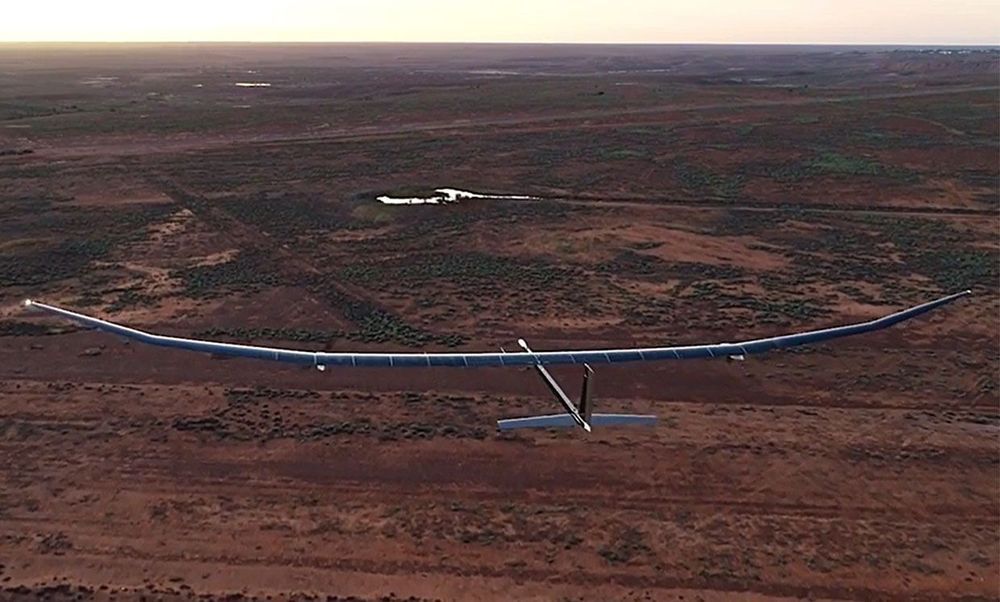
At 35 meters, the wingspan of the new BAE Systems aircraft equals that of a Boeing 737, yet the plane weighs in at just 150 kilograms, including a 15 kg payload. The unmanned plane, dubbed the PHASA-35 (Persistent High-Altitude Solar Aircraft), made its maiden voyage on 10 February at the Royal Australian Air Force Woomera Test Range in South Australia.
“It flew for just under an hour—enough time to successfully test its aerodynamics, autopilot system, and maneuverability,” says Phil Varty, business development leader of emerging products at BAE Systems. “We’d previously tested other sub-systems such as the flight control system in smaller models of the plane in the U.K. and Australia, so we’d taken much of the risk out of the craft before the test flight.”
The prototype aircraft uses gallium arsenide–based triple-junction solar cell panels manufactured by MicroLink Devices in Niles, Ill. MicroLink claims an energy conversion efficiency of 31 percent for these specialist panels.
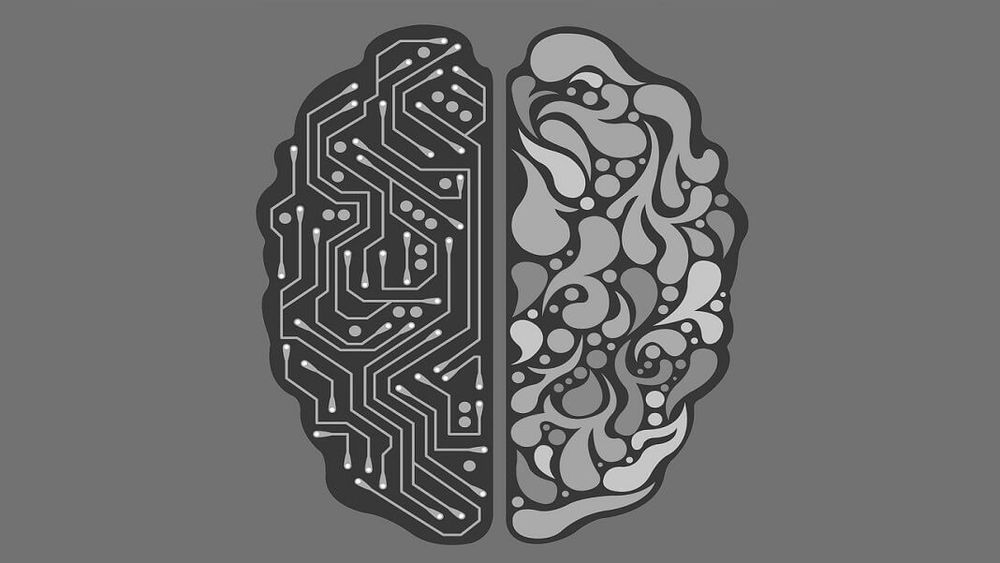
Even in this experiment, though, the “psychology” of the algorithm in decision-making is counter-intuitive. For example, in the basketball case, the most important factor in making the decision was actually the player’s jerseys rather than the basketball.
Can You Explain What You Don’t Understand?
While it may seem trivial, the conflict here is a fundamental one in approaches to artificial intelligence. Namely, how far can you get with mere statistical associations between huge sets of data, and how much do you need to introduce abstract concepts for real intelligence to arise?

Putting AI to its broadest use in national defense will mean hardening it against attack.
America’s intelligence collectors are already using AI in ways big and small, to scan the news for dangerous developments, send alerts to ships about rapidly changing conditions, and speed up the NSAs regulatory compliance efforts. But before the IC can use AI to its full potential, it must be hardened against attack. The humans who use it — analysts, policy-makers and leaders — must better understand how advanced AI systems reach their conclusions.
Dean Souleles is working to put AI into practice at different points across the U.S. intelligence community, in line with the ODNIs year-old strategy. The chief technology advisor to the principal deputy to the Director of National Intelligence wasn’t allowed to discuss everything that he’s doing, but he could talk about a few examples.

Artificial intelligence can help doctors and patients with meningiomas make better treatment decisions, according to a new study.
Meningiomas are tumors that arise from the membranes surrounding the brain and spinal cord. They are the most common primary central nervous system tumor, with an incidence of 8.14 per 100,000 population.
While they generally have better outcomes than other brain tumors, there is a great deal of variability in aggressiveness. Being able to predict malignancy and accurately estimate survival is therefore incredibly important in deciding whether surgery is the best option for the patient.
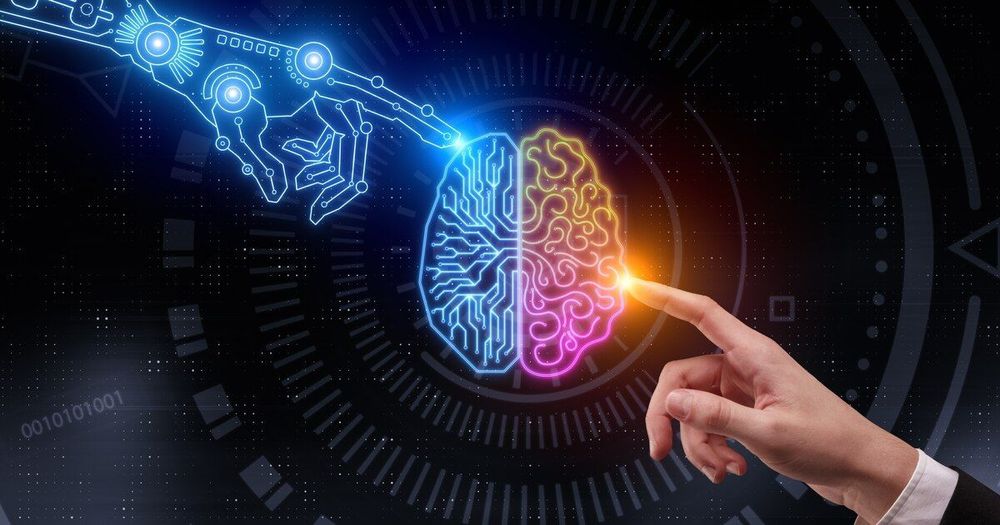


L1gh t, a fledgling AI startup that wants to help technology companies combat online toxicity, bullying, and abuse, has raised $15 million in a seed round of funding from Mangrove Capital Partners, Tribeca Venture Partners, and Western Technology Investment.
The company’s substantial seed funding comes as tech companies are struggling to contain offensive and harmful behavior on their platforms. It’s nearly impossible to monitor massive platforms manually, which is why automation and AI are playing increasing roles in the gatekeeping process — but they still can’t detect every piece of abusive content. Moreover, technology companies have other priorities to juggle — such as making more money and growing their user base. Against this backdrop, L1ght is hoping to carve out a niche by focusing on safeguarding children.
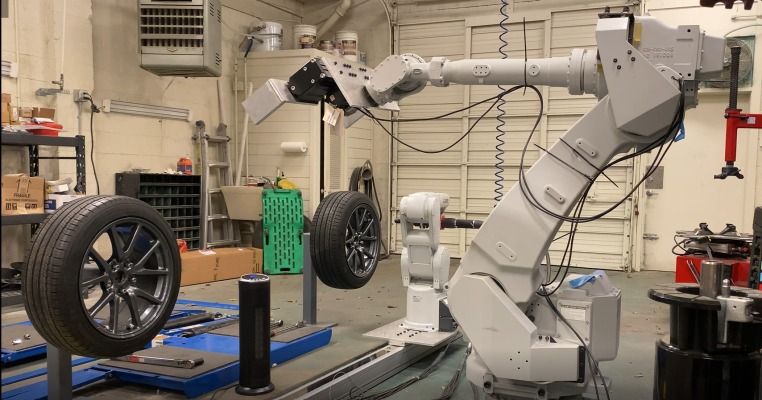
Waiting in a service station waiting room purgatory one day, Victor Darolfi had a simple thought. “I sat at America’s Tires for three hours and thought, hey, we use robots to put tires on at the factory,” the founder explains. “Why don’t we bring robots into the service industry?”
The notion was the first seed behind RoboTire, the Bay Area-based robotics company, which the former Spark Robotics CEO founded in October 2018. Now ready to come out of stealth as part of the latest batch of Y Combinator startups, RoboTire has already generated interest in the industry for its ability to change car tires in a fraction of the time of most mechanics.
“We can do a set of four tires, put in to pull out, in 10 minutes,” Darolfi explains. “It normally takes about 60 minutes for a human operator to do a set of four. Some can go faster, but they really can’t do that eight hours a day.”

Handicaps: weak private sector, Soviet-style bureaucracy. Helps: Great STEM education — and history.
More than Western governments and even more than China’s, the Russian government is trying to position itself as a facilitator of innovation in artificial intelligence, the technology that Vladimir Putin said will lead whoever masters it to global advantage. Russia seeks “to go our own way,” said Prime Minister Dmitry Medvedev, borrowing Lenin’s 1917 words about various anti-capitalist ideologies to describe his government’s 21st-century attempt to shake the world.
Those who doubt that this uniquely state-heavy approach can succeed would do well to remember that today’s internet and mobile telecommunications grew out of Pentagon-funded research, that the Soviet Union led the Space Race for a decade, and that U.S. astronauts currently ascend to orbit atop Russian rockets.